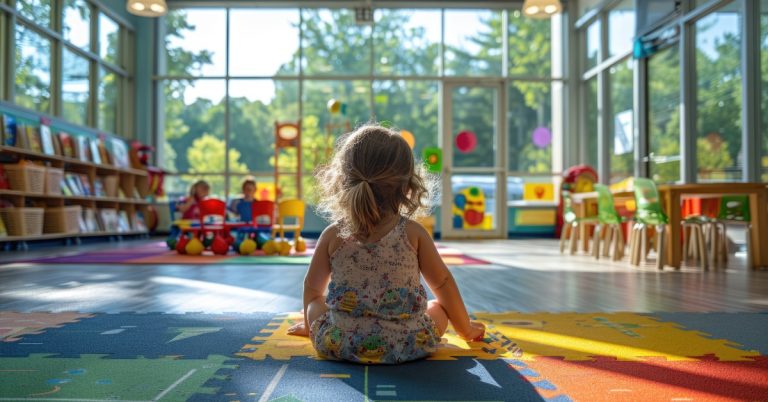In a rapidly evolving world, parents play a pivotal role in shaping the learning experiences of their children. The home environment can significantly impact a child’s development, academic success, and love for learning. Here are some effective parenting tips to enhance learning at home and nurture young minds.
1. Create a Dedicated Learning Space
Designate a specific area in your home for learning activities. This space should be quiet, well-lit, and stocked with necessary supplies such as books, art materials, and educational games. By having a dedicated learning environment, you signal to your child that learning is a priority and helps them establish a routine.
2. Encourage Curiosity and Questions
Children are naturally curious, and nurturing that curiosity is essential for promoting a love for learning. Encourage your child to ask questions, explore new interests, and seek answers. Engage in discussions and validate their queries, showing them that it’s okay not to have all the answers. This practice not only fosters a sense of inquiry but also strengthens critical thinking skills.
3. Make Learning Fun Through Play
Learning doesn’t have to be a chore. Incorporate play into educational activities to make them enjoyable. Board games, puzzles, and interactive apps can be excellent tools for teaching concepts like math, science, and language. Crafting projects or kitchen experiments can also spark interest in subjects while providing hands-on learning experiences.
4. Establish a Routine
Children thrive on routine. Establish a daily schedule that includes dedicated time for homework, reading, and leisure activities. Consistency helps children feel secure and understand what is expected of them. By balancing structured learning with free time, you give them opportunities to unwind and explore their interests.
5. Promote Reading as a Daily Habit
Reading is foundational to all learning. Create a reading-friendly environment by having a variety of books accessible to your child. Set aside time each day for family reading, where everyone can enjoy a book together, or encourage independent reading. Visit libraries and bookstores together to explore new genres and topics, making reading a shared adventure.
6. Lead by Example
Children learn a great deal from observing their parents. Show your passion for learning by engaging in your own educational pursuits. Whether it’s reading, taking online courses, or exploring hobbies, demonstrate a positive attitude towards lifelong learning. Your enthusiasm will inspire them to value education and instill a growth mindset.
7. Foster Critical Thinking and Problem-Solving Skills
Encourage your child to think critically and solve problems independently. Offer them challenges that require them to brainstorm solutions, whether it’s a math problem, a science project, or a conflict with a sibling. Avoid jumping in to provide answers immediately; instead, guide them with open-ended questions that encourage logical thinking and creativity.
8. Integrate Technology Wisely
In today’s digital age, technology can be a valuable educational resource. Use age-appropriate educational apps, interactive websites, and online tutorials to complement traditional learning. However, it’s crucial to establish limits on screen time and ensure that the content consumed is beneficial and aligns with educational goals.
9. Promote a Growth Mindset
Teach your children the importance of effort, resilience, and the belief that their abilities can be developed through hard work. Praise their attempts and dedication rather than just the outcome. Share stories of perseverance and highlight famous figures who have overcome challenges in their learning journeys. Encourage them to view setbacks as opportunities to learn and grow.
10. Stay Involved and Communicative
Maintain open lines of communication with your child. Regularly discuss their school experiences, interests, and challenges. Express interest in their schoolwork and ensure they know they can come to you for help. Building a strong relationship fosters a safe space for them to explore their thoughts and feelings about learning.
Conclusion
Enhancing learning at home involves creating an environment that encourages curiosity, exploration, and a love for education. By implementing these effective parenting tips, you can nurture your child’s mind and foster a lifelong passion for learning. The journey of education begins at home, and the support, understanding, and engagement of parents are instrumental in shaping well-rounded, inquisitive, and resilient individuals. Together, let us nurture the young minds of today, preparing them for the challenges and opportunities of tomorrow.



